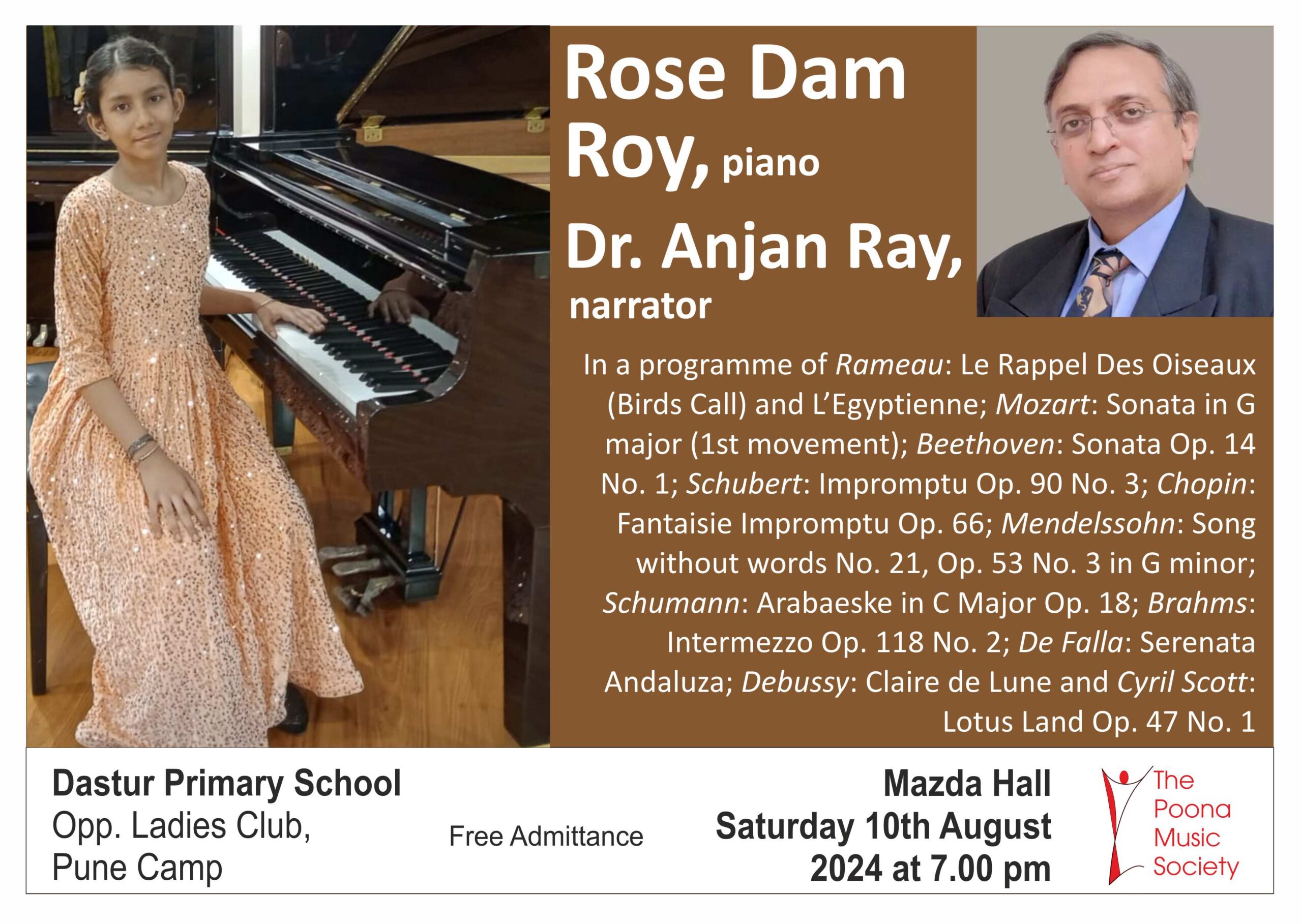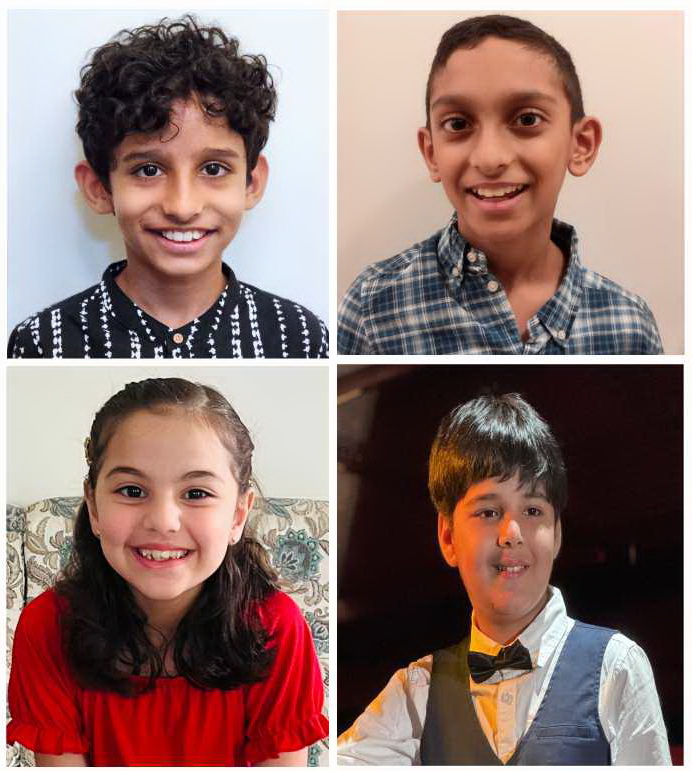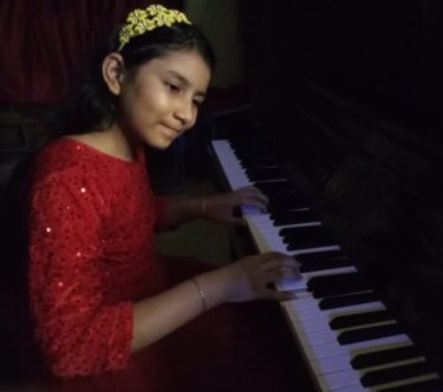
Evolution of Piano Music over three centuries
In a programme of Rameau :Le Rappel Des Oiseaux (Birds Call) and L’Egyptienne; Mozart: Sonata in G major (1st movement); Beethoven: Sonata Op. 14 No. 1; Schubert: Impromptu Op. 90 No. 3; Chopin: Fantaisie Impromptu Op. 66; Mendelssohn: Song without words No. 21, Op. 53 No. 3 in G minor; Schumann: Arabaeske in C Major Op. 18; Brahms: Intermezzo Op. 118 No. 2; De Falla: Serenata Andaluza; Debussy: Claire de Lune and Cyril Scott: Lotus Land Op. 47 No. 1
The invention of the modern piano c. 1700 by Bartolomeo Christofori raised the status of the keyboard in classical western music to that of a leading solo instrument capable variously of soft subtlety, crashing crescendoes and exquisite expression.
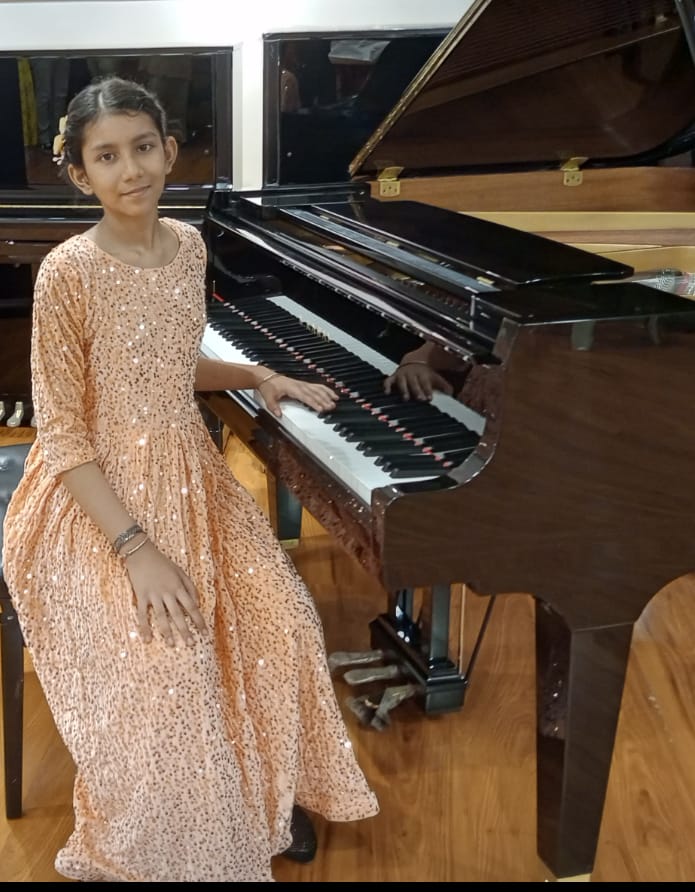 11-year-old Rose Dam Roy explores the evolution of piano music from the mid-1720s to 1905 in a curated performance with narration by Dr. Anjan Ray. Rose Dam Roy, who has qualified as an Associate of the Royal Schools of Music, started playing the piano 5 years ago. Home-schooled so that she can devote time to her music, she has studied under Kaushik Das in Kolkata and taken Masterclasses from German Concert Pianist Robert Aust, Spanish Pianist and conductor Eric Varas, Italian Pianist Daniele Buccio and Hungarian concert pianist Istvan Szekely. She is currently taking lessons from German Pianist Andreas König at Delhi School of Music. Recipient of awards at several international piano competitions, Rose is learning Bharatnatyam and Kathak dance forms.
11-year-old Rose Dam Roy explores the evolution of piano music from the mid-1720s to 1905 in a curated performance with narration by Dr. Anjan Ray. Rose Dam Roy, who has qualified as an Associate of the Royal Schools of Music, started playing the piano 5 years ago. Home-schooled so that she can devote time to her music, she has studied under Kaushik Das in Kolkata and taken Masterclasses from German Concert Pianist Robert Aust, Spanish Pianist and conductor Eric Varas, Italian Pianist Daniele Buccio and Hungarian concert pianist Istvan Szekely. She is currently taking lessons from German Pianist Andreas König at Delhi School of Music. Recipient of awards at several international piano competitions, Rose is learning Bharatnatyam and Kathak dance forms.
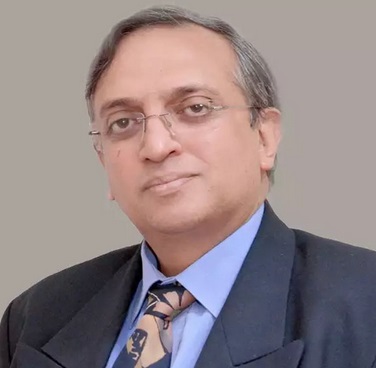 Dr. Anjan Ray, who is formally trained as a scientist, has had an association of nearly four decades with media and music. He has been a music compère at All India Radio Delhi and Mumbai, module coordinator and faculty for broadcast journalism at Xavier Institute of Communications Mumbai, and has conducted workshops on classical music awareness and history since the early 1990s. Currently, he hosts a weekly music podcast, ‘Saturday Sundowner Symphony.’
Dr. Anjan Ray, who is formally trained as a scientist, has had an association of nearly four decades with media and music. He has been a music compère at All India Radio Delhi and Mumbai, module coordinator and faculty for broadcast journalism at Xavier Institute of Communications Mumbai, and has conducted workshops on classical music awareness and history since the early 1990s. Currently, he hosts a weekly music podcast, ‘Saturday Sundowner Symphony.’
